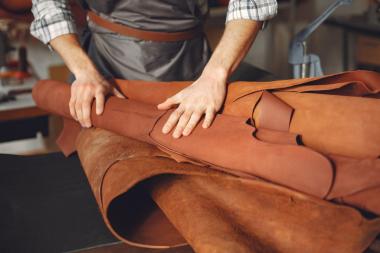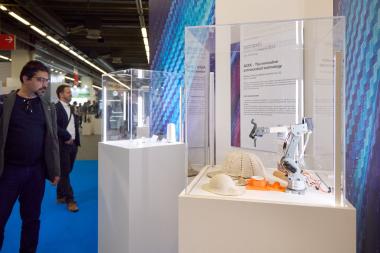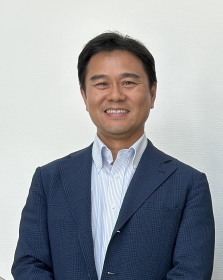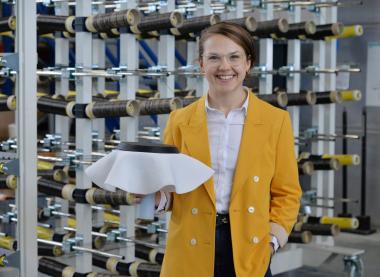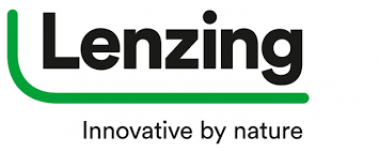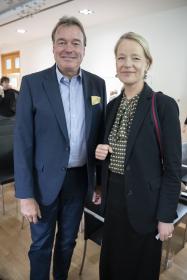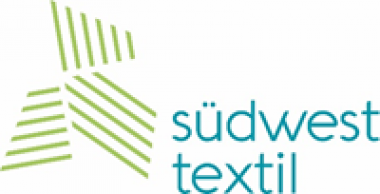The Lycra Company Announces Key Executive Appointments
The LYCRA Company, a global leader in developing fiber and technology solutions for the apparel and personal care industries, announced two strategic leadership moves to accelerate innovation and growth.
Robert Johnston has been promoted to chief operating officer from his previous role as executive vice president, operations, and Doug Kelliher has been appointed executive vice president, product. Kelliher will join the company’s global leadership team, while Johnston continues in his leadership capacity. Both executives report directly to CEO Gary Smith.
Robert Johnston, Chief Operating Officer
Johnston, a 35-year veteran of The LYCRA Company and its predecessor organizations, will expand his leadership to include product development, in addition to his current oversight of global manufacturing operations and IT. In his new role, Johnston will manage R&D talent, lab resources, and pilot production to drive innovation across the product portfolio, supporting strategic growth priorities identified by Kelliher’s team.
Doug Kelliher, EVP, Product
Kelliher will lead the product management team in developing and executing strategy across fibers, fabrics, and garments. His team works to deliver differentiated solutions that add value and meet the needs of today’s consumer. With more than 30 years of product leadership experience at Timberland, Velcro Companies, Polartec and Milliken & Company, Kelliher brings deep expertise to his role.
"As the apparel industry continues to evolve, our focus remains on delivering high-performance solutions that meet consumer needs and help brands and retailers differentiate and thrive," said Gary Smith, CEO of The LYCRA Company. "Doug and Robert bring exceptional leadership, vision, and industry expertise to their roles, strengthening our ability to co-create with customers, accelerate innovation, and bring transformative technologies to market faster and more efficiently.”
About The LYCRA Company
The LYCRA Company innovates and produces fiber and technology solutions for the apparel and personal care industries and owns the consumer brands: LYCRA®, LYCRA HyFit®, LYCRA® T400®, COOLMAX®, THERMOLITE®, ELASPAN®, SUPPLEX® and TACTEL®. Headquartered in Wilmington, Delaware, U.S., The LYCRA Company is recognized worldwide for its sustainable products, technical expertise, and marketing support. The LYCRA Company focuses on adding value to its customers’ products by developing unique innovations designed to meet the consumer’s need for comfort and lasting performance.
The Lycra Company






